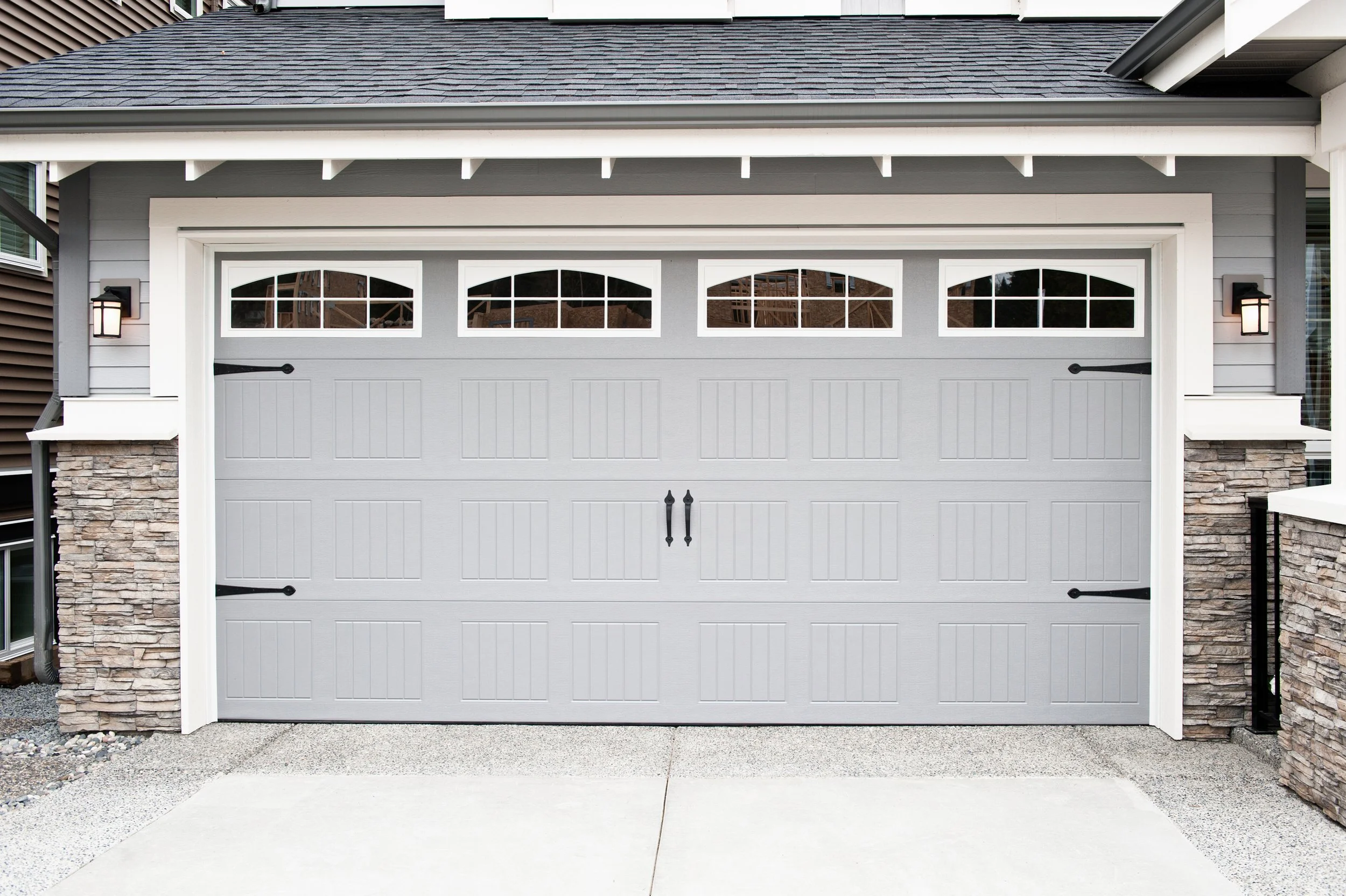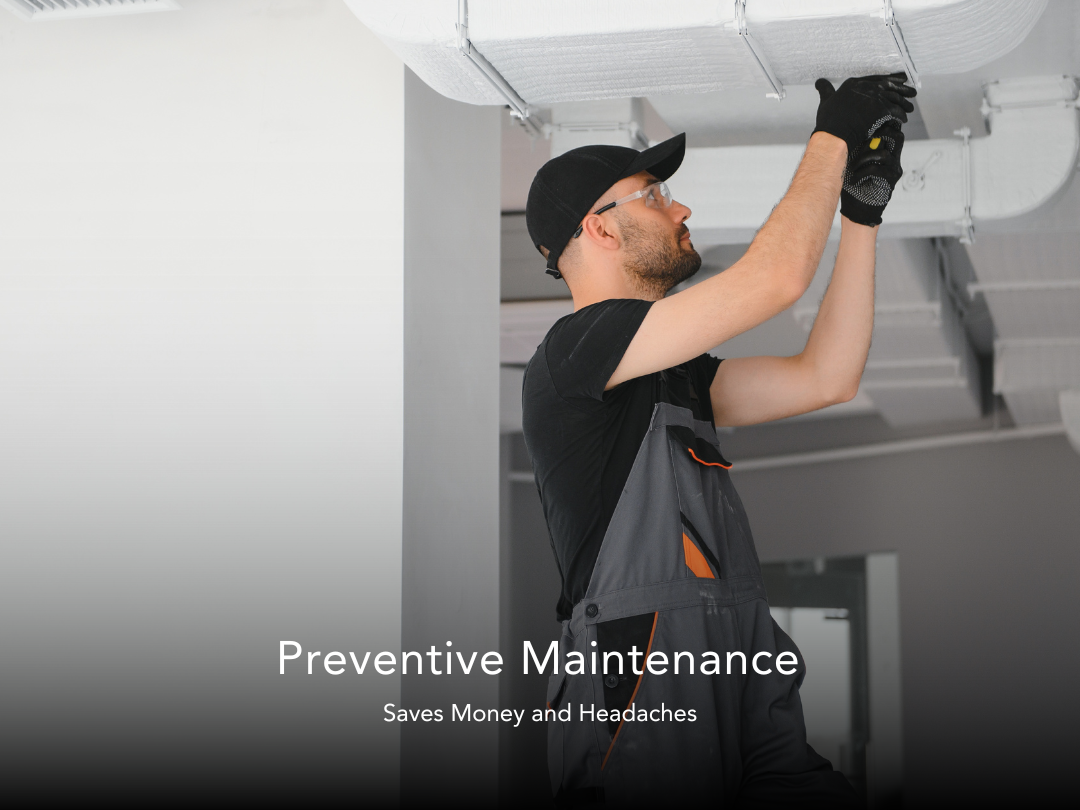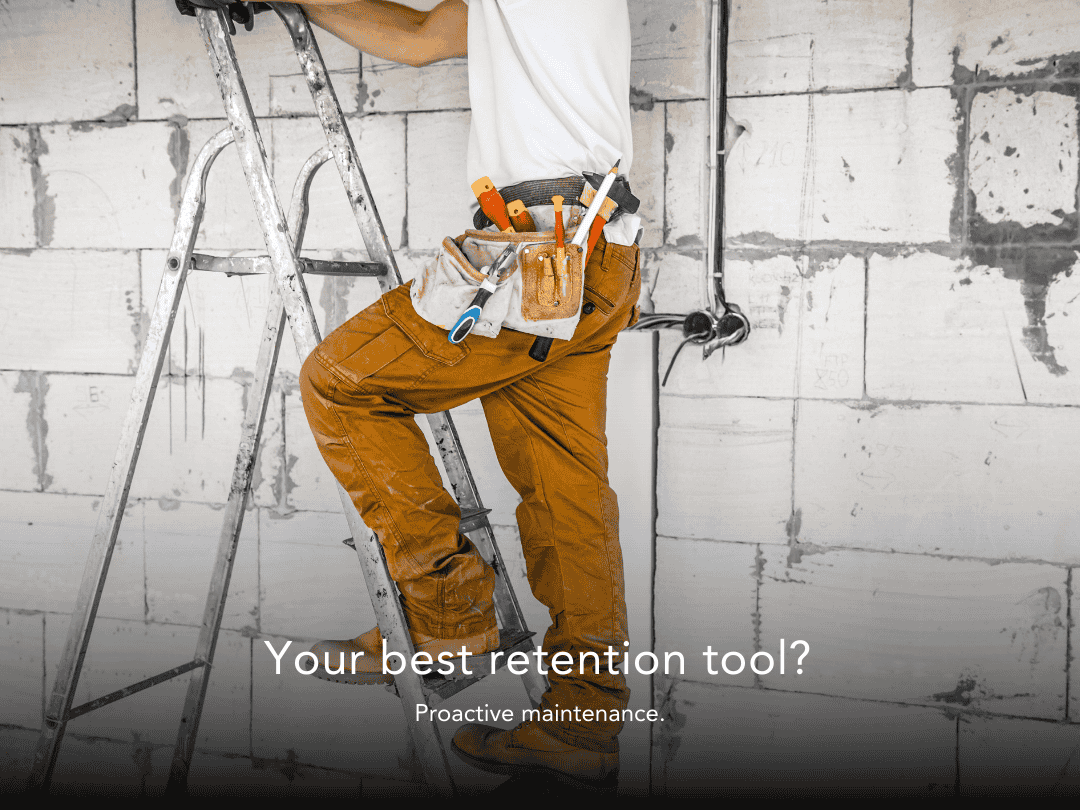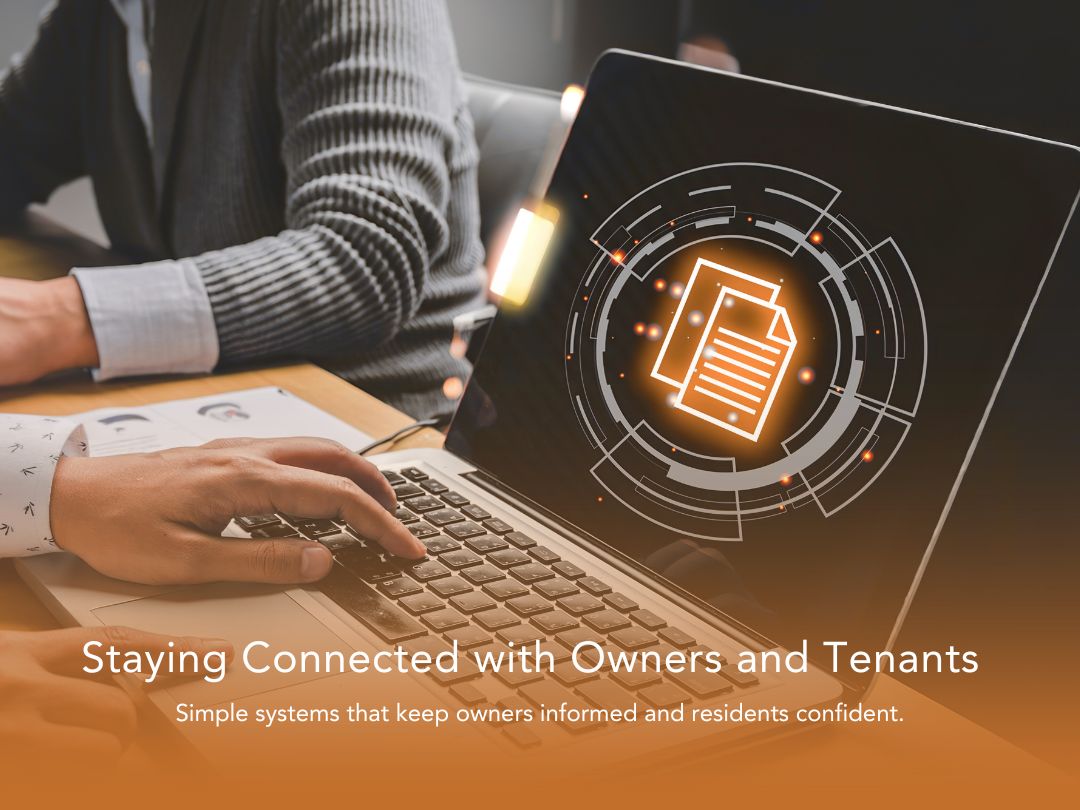Here are some things you can try:
Check the safety sensors: Most modern garage doors have safety sensors located on either side of the door near the ground. These sensors are designed to detect objects or people in the door's path and prevent it from closing if something is detected. Make sure the sensors are clean and aligned properly. If they are dirty or misaligned, the door may not close.
Check the tracks: Make sure the tracks on either side of the garage door are clear of debris and obstructions. If there is anything in the tracks, such as dirt, leaves or other debris, it can prevent the door from closing properly.
Check the garage door opener settings: If the door won't close, check the settings on the garage door opener. Some openers have settings that can be adjusted to control how far the door opens and closes. Make sure these settings are set correctly.
Check the garage door opener safety features: Most garage door openers have safety features built-in to prevent accidents. If one of these features is triggered, it can prevent the door from closing. Check the owner's manual for your specific garage door opener to learn more about its safety features.
Check the weather stripping: If the weather stripping on the bottom of the garage door is damaged or worn out, it can prevent the door from closing properly. Make sure the weather stripping is in good condition and replace it if necessary.
If none of these steps resolve the issue, please contact us and we will send a professional technician to diagnose and repair the problem. Garage doors can be dangerous to work with, especially if they are not functioning properly. Attempting repairs without proper knowledge or training can be dangerous and cause further damage to the door.
Technology is part of every aspect that touches our everyday lives. There’s no escaping it; we all have mobile phones and computers and a wide range of electronic devices that are pretty intuitive to what we need and want.
Stop surprise repairs with a simple, seasonal plan. Set clear response times, log fixes, and keep small issues from growing and repair budget steady.
When managing rental properties, efficient property maintenance is key to providing a positive experience for landlords and tenants. Timely and effective repairs not only keep the property in top condition and contribute to tenant satisfaction and retention.
Winter brings a predictable dip in renter activity, but it does not have to sink results. Here is how to navigate the season, sharpen marketing, and use incentives wisely.
Communication is the backbone of property management. Owners want clarity on performance and cash flow. Residents want quick answers and visible progress on requests. The right mix of tools and habits turns communication from a pain point into an advantage.
Busy days calm down when the right tools do the heavy lifting. Here’s how our stack speeds leasing, maintenance, payments, and reporting without adding noise.
Property management is an economic engine in Boise. From steady housing supply to vendor jobs and safer, well-kept neighborhoods, the ripple effects touch residents, owners, and local businesses.
The right software won’t run your business for you, but it will clear roadblocks: rent gets paid on time, work orders stop slipping, and your books match reality. Here’s a straightforward way to evaluate options if you manage rentals in Boise and the Treasure Valley.
Dive into the future of property management in Boise, Idaho, and discover how technology is reshaping the industry. Learn how to leverage the latest trends to future-proof your business, improve tenant satisfaction, and stay ahead of the competition.
A year-round approach to pricing, amenities, maintenance, and communication that reduces vacancy and grows resident satisfaction.
Boise’s seasons change—your playbook can stay simple. Prep the property, plan your leasing moves, and communicate clearly with residents. Use this quick guide to keep cash flow steady from winter to fall.
Learn key factors to consider when choosing a property management company, from reputation and communication to legal compliance and technology integration.













